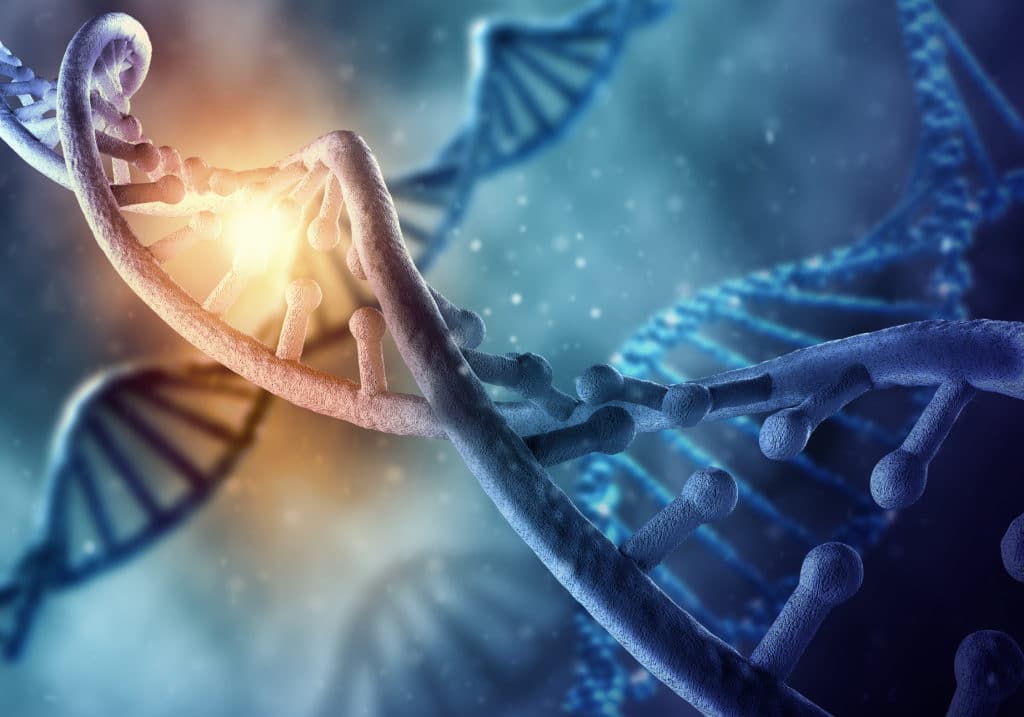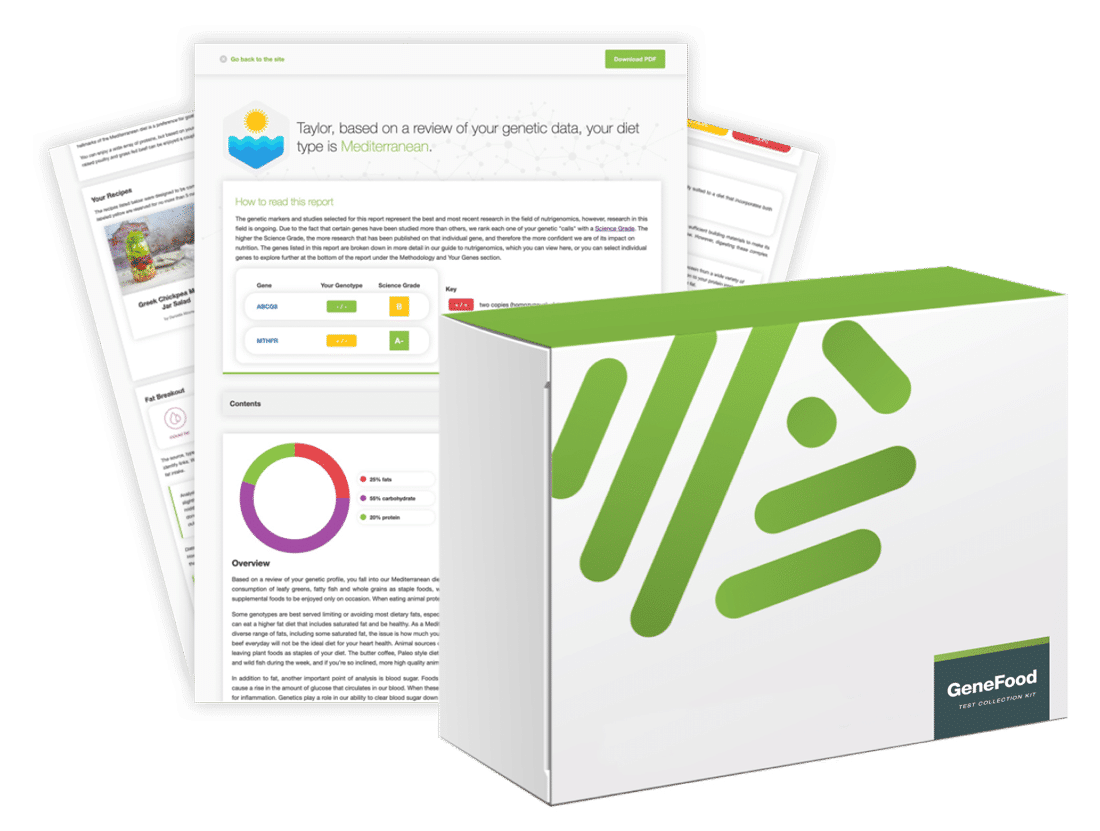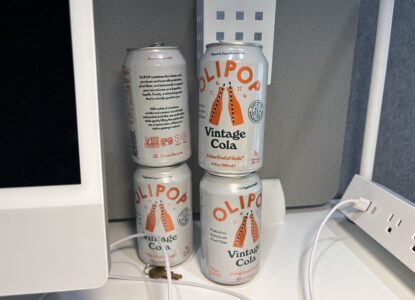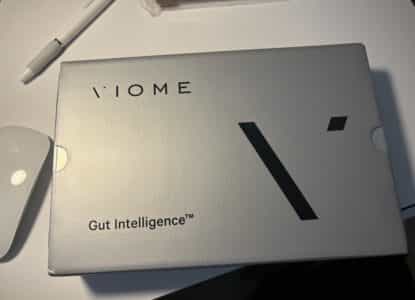Nucleus Genomics Review: Breaking Down Pros and Cons
Article at a Glance
- Nucleus Genomics offers advanced whole-genome sequencing that goes well beyond most at-home DNA tests.
- Nucleus is a best in class company that can be trusted and which follows extensive security protocols to ensure your data is safe.
- Unlike genotyping, the whole genome sequencing (WGS) technique used by Nucleus Genomics can detect rare and novel variants, as well as large structural variants. So, if you’re looking for a needle in the haystack, such as potential answers for an unusual health condition, WGS can be a good bet.
- However, if you are intimidated by the idea of learning about genetic risk for rare diseases, this is not the product for you.

Contents
Nucleus Genomics offers whole-genome sequencing and actionable insights that go way beyond most direct-to-consumer DNA test kits. It’s also about four times the price.
If you want to deeply understand rare genetic mutations that run in your family, Nucleus is a great solution.
But, is this in-depth analysis really worth the cost and will you want to know about rare genetic variants that increase risk for neurological and psychiatric disorders?
Those are the questions we can help answer in this review. And, if a genetic report more focused on nutrition and healthy lifestyle sounds appealing, have a look at Gene Food as well.
What is Nucleus Genomics?
Nucleus Genomics distinguishes itself through its clinical-grade analysis, which sequences nearly 100% of your genome.
Most at-home DNA test kits sequence around 0.01% to 0.02%, focusing on specific, common genetic variations known as SNPs, or single nucleotide polymorphisms.
At first glance, it would seem like a no brainer to sequence the entirety of your genome, but as with many health related topics, it pays to dig deeper.
Most consumer genetics tests rely on genotyping, which is a cost-effective method that captures known variants. Genotyping can be enhanced by a process known as imputation, thanks to certain types of predictability within a person’s genome. What genotyping can’t do is detect very rare or large structural variants.
In contrast, whole genome sequencing (WSG) offers a much more comprehensive view of the genome, including rare or novel variants and structural changes.

Get Started With Personalized Nutrition
Gene Food uses a proprietary algorithm to divide people into one of twenty diet types based on genetics. We score for cholesterol and sterol hyperabsorption, MTHFR status, histamine clearance, carbohydrate tolerance, and more. Where do you fit?
In our dedicated post on WSG, we cover the situations when using a service like Nucleus is absolutely the best bet, and times when it may be overkill.
Nucleus is clearly a great product and is backed by an impressive team of investors. However, in our opinion, WSG is most called for in these situations:
- Search for rare variants (with allele frequencies below 5%) that are not present on the chips, because they are near-impossible to impute from the nearby SNPs. Note that the most important rare variants–e.g., those that have clear links with diseases or metabolism–are often added explicitly.
- Novel variants that may never have been encountered before, for example, formed in cancer cells or suspected to be behind some unusual pathologies.
- Large or complex structural variants–for example, those associated with some types of muscular dystrophies or found in cancers.
Basically, Nucleus Genomics is the gold standard of at-home DNA testing if your goal is to discover rare and novel variants that could impact your health or the health of your offspring. If you are intimidated by the idea of learning about genetic risk for rare diseases, this is not the product for you.
For around $500, plus an annual subscription, you get:
- Whole genome analysis
- Insights into 900+ disease risks
- Polygenic risk scores that factor in your ancestry (most services don’t do this)
- Trait analysis
- Privacy and security for your data.
Nucleus vs. 23andMe
| Feature | Nucleus Genomics | 23andMe |
|---|---|---|
| Process | 30x whole-genome sequencing (~6 billion bases sequenced, ~100% of genome) | Genotyping (~600-700K SNPs; <0.1% genome) |
| Disease Insights | 900+ (genetic and absolute risk, including rare conditions) | Focuses on common diseases and health concerns; ~50 diseases (FDA-cleared) |
| Traits | Dozens, including intelligence, longevity, BMI, more | Traits like ancestry, hair color, baldness |
| Personalization | Includes non-genetic risk factors such as your age, lifestyle, and environment | Focuses on genetics |
| Genetic Counseling | Access to board-certified counselors (fee for consultation) | Not included |
| Data Access | Full genome VCF/FASTQ download | Raw data (SNP file) download |
| Privacy and Security | Clinical-grade security; your data is not sold/shared unless you opt in | Opt-out options but has sold user data in the past; security breaches have also occurred |
| Processing Time | 4-6 weeks | 2-8 weeks, depending on service |
| Cost | $499 (+ $39/year membership) | $99-$229, no annual membership |
| Location | 100% U.S. lab processing | U.S.-based, but global samples |
Disease risk scores
Nucleus Genomics provides in-depth reports that include both genetic and absolute risk assessments for hundreds of conditions. This includes more than just common cancers, heart disease, and diabetes.
With whole genome analysis through Nucleus Genomics, you can find out your individual genetic risk of neurological and psychiatric disorders, among other things.
Unlike genotyping, the whole genome sequencing (WGS) technique used by Nucleus Genomics can detect rare and novel variants, as well as large structural variants. So, if you’re looking for a needle in the haystack, such as potential answers for an unusual health condition, WGS can be a good bet.
Nucleus Genomics’ analysis goes a step further too. It takes into account any relevant lifestyle and environmental risk factors to improve the relevance of recommendations and predictions about your personal health.
It’s worth noting, though, that polygenic risk scores tend to be much more accurate for folks with European ancestry. As with many medical matters, limited data makes results less useful for people of color. So, if you’re on the fence about spending the money on Nucleus Genomics, bear in mind how much bang you’ll get for your buck, based on what you already know about your ancestry.
Trait analysis
If you’re especially interested in whether you’re likely to go bald early or have above average intelligence or longevity, Nucleus Genomics is also a great investment.
The comprehensive trait analysis provides insights into these concerns and many more, including:
- BMI
- Height
- Muscle strength
- Allergies.
Customer care and security
Genetic reports are often very perplexing. They can also be highly emotional.
Nucleus Genomics has a robust team you can rely on to get support. This includes genetic counsellors who can help you parse the results and figure out a game plan (or realize things aren’t as bad as they seem at first glance).
You can also rest easy knowing that Nucleus Genomics won’t share your DNA data unless you explicitly opt in (for research purposes and such). The company also provides clinical-grade security and is GDPR/HIPAA compliant.
All Nucleus Genomics processing is done in U.S. labs too.
And, unlike some testing companies, Nucleus Genomics makes it easy to download your whole genome file. This is typically in a VCF/FASTQ format, which you can share with a healthcare provider or upload to Genetic Genie, Promethease, or other third party systems for additional analysis and personal nerdery.
Like 23andme, Ancestry, etc., you should expect to take a cheek swab and spit into a test tube to obtain your analysis. Results typically arrive within 4-6 weeks.
Accuracy and overall benefits
Nucleus Genomics uses Illumina third-party labs for trustworthy sequencing, and reports are based on high-coverage, meaning they’re likely to be more accurate than sequencing that only looks at less than 1% of your DNA.
It’s also worth mentioning that Nucleus Genomics offers a subscription service for around $40 annually. This gets you access to risk scores that update to reflect newer scientific research.
If you’ve already done an at-home DNA test from 23andme or similar, you might not expect much added benefit from Nucleus Genomics. However, this company’s analysis is much more comprehensive, with many customers stressing that they found out things that were missed on less robust tests.
The takeaway
If you’re very concerned about health planning and disease risk, or you have specific reasons to suspect a genetic cause for health issues, Nucleus Genomics is a top choice. With lesser tests, you might still have nagging doubts about something lurking in your genome.
That said, if you’re mainly interested in discovering your ancestry, making connections with far-flung relatives, or uncovering basic traits or disease risks, an entry level 23andme or Ancestry test remains the best, most affordable option. And, given that WGS gets faster, cheaper, and more precise every year, there’s little benefit to paying for it in advance of any known need.
Fundamentally, Nucleus Genomics operates at a totally different level to the household names for DNA testing. So, if you’ve got the cash and you’ve got specific concerns that only WGS techniques can address, go for it.



